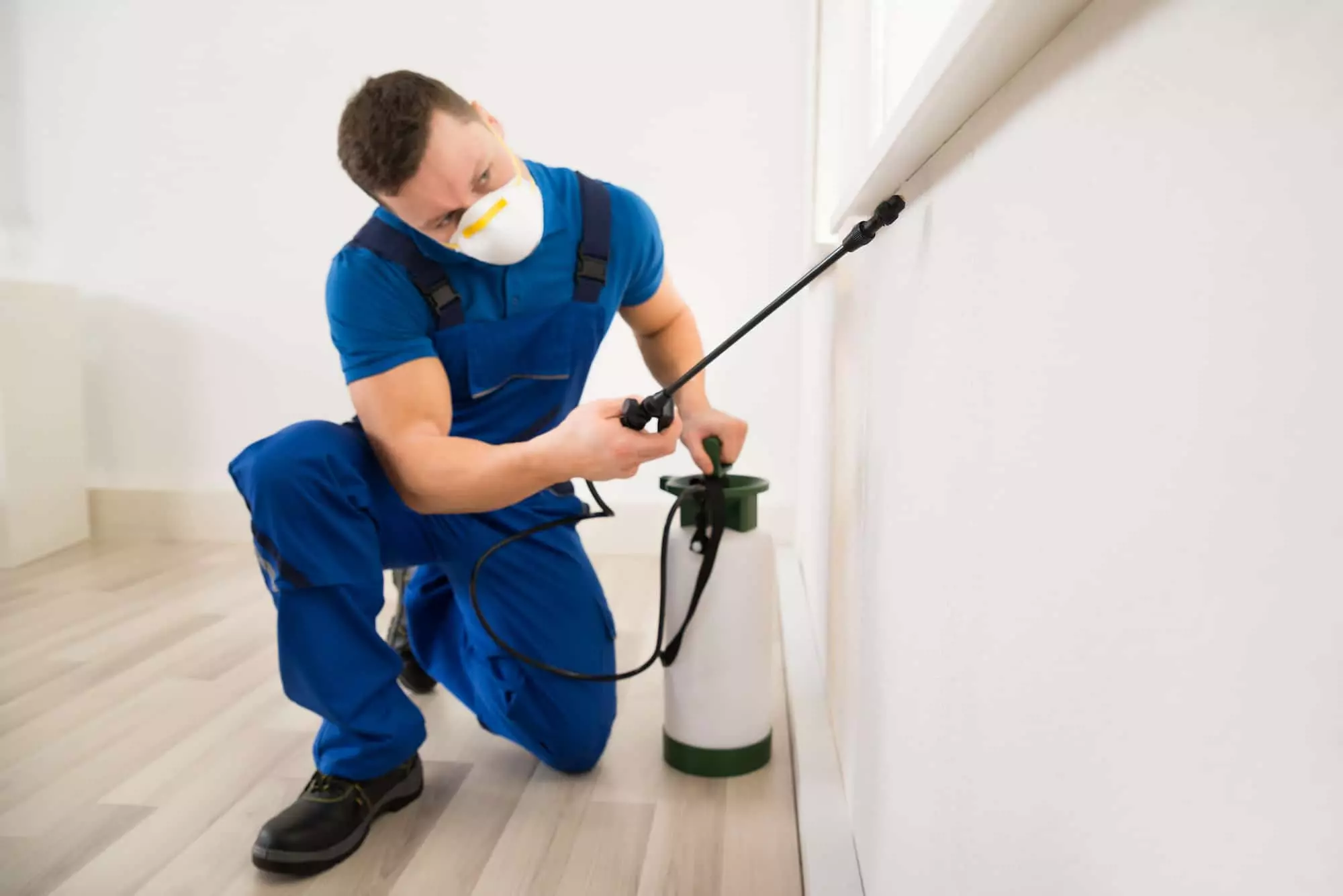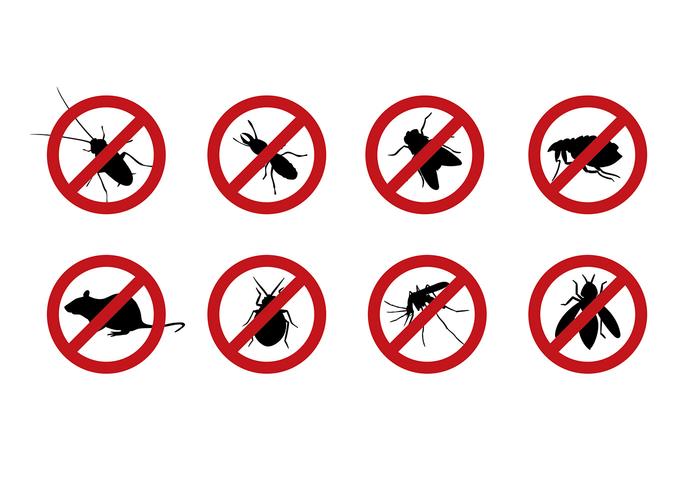Professional Wasp Control Coquitlam: Safe and Efficient Pest Removal
Professional Wasp Control Coquitlam: Safe and Efficient Pest Removal
Blog Article
Safe and Reliable Pest Control for Lasting Defense
Effective insect monitoring needs a multifaceted strategy that balances environmental integrity with the need for efficient insect suppression. The nuances of these approaches might not be right away clear, prompting a better examination of the techniques that can lead to sustainable insect control end results.
Understanding Parasite Control Approaches
Parasite control encompasses a selection of methods focused on managing and removing undesirable insects and rodents that can intimidate both health and property. Comprehending these approaches is critical for reliable parasite monitoring.
The main classifications of insect control techniques include mechanical, biological, and chemical approaches. Mechanical approaches involve physical barriers and traps to stop insect access and capture undesirable types. Making use of screens on windows or using sticky catches can dramatically minimize bug populations without presenting damaging substances - exterminator coquitlam.

Chemical parasite control is frequently one of the most recognized approach, using chemicals to eliminate pests. These chemicals can be reliable but must be utilized with caution to stay clear of adverse results on non-target species and the environment.
Advantages of Eco-Friendly Solutions
Exactly how can green remedies transform parasite control techniques? The adoption of eco-friendly pest control methods provides countless advantages, significantly improving the performance and safety and security of insect monitoring.

An additional benefit is the positive influence on neighborhood biodiversity. Environmentally friendly options are made to target specific insects while protecting beneficial bugs and wildlife, advertising a balanced ecological community. This approach aligns with the growing consumer demand for sustainable methods, enhancing the reputation of parasite control suppliers.
Integrated Insect Administration Methods
The implementation of green solutions normally brings about the adoption of Integrated Pest Monitoring (IPM) methods, which further boost pest control efficiency. IPM is a holistic approach that combines multiple techniques to manage parasite populations while reducing environmental effect. This technique emphasizes using organic, social, mechanical, and chemical controls, making sure a well balanced and sustainable approach of insect management.
One basic aspect of IPM is the extensive assessment of bug task and environmental problems. By checking pest populations and determining their life process, professionals can apply targeted treatments that interrupt the insect's habitat or lifecycle, decreasing reliance on chemical pesticides. Additionally, social practices such as crop rotation and habitat control can substantially reduce pest facility and reproduction.
An additional crucial element is using organic control agents, such as helpful bugs or microorganisms, which can normally reduce bug populations. When chemical applications are essential, IPM focuses on using low-risk pesticides and applies them precisely, minimizing exposure to non-target organisms and humans.
Integrating IPM approaches not only boosts bug control effectiveness yet additionally advertises a safer ecosystem, aligning with the growing need for sustainable methods in parasite management.
Safe Practices for Homeowners
Recognizing the significance of risk-free practices in insect control can equip property owners to efficiently handle bug concerns while safeguarding their health and wellness and the atmosphere. Implementing non-toxic methods and safety nets is vital in Get More Information minimizing direct exposure to harmful chemicals.
House owners need to first analyze their setting for problems that draw in parasites, such as standing mess, water, and food waste. Frequently cleansing and sealing entrance factors can deter bugs from invading the home. Using all-natural deterrents, such as necessary oils or diatomaceous planet, can give efficient alternatives to chemical pesticides.
When chemical treatments are necessary, property owners must select items that are particularly identified as secure for household usage. It is necessary to comply with application standards diligently to stay clear of overexposure. Using targeted treatments in areas where parasites are recognized, instead than covering splashing, can significantly decrease chemical use.
Lastly, preserving open communication with bug control experts is important. House owners ought to ask about the safety and security of products used and demand green alternatives whenever possible. By embracing these secure techniques, property owners can create a healthier living setting while successfully taking care of insect issues.

Tips for Long-Term Protection
Establishing a parasite management technique that site web stresses lasting security can substantially improve the effectiveness of the risk-free practices formerly discussed. To attain this, homeowners need to implement regular inspections of their building, concentrating on hidden areas such as attic rooms, cellars, and crawl rooms. Early discovery of bug task is essential in avoiding infestations from holding.
These methods minimize attractants that draw bugs into the home. Securing entry factors, such as splits around home windows and doors, can effectively block prospective parasite access.
Landscape design ought to additionally be thought about; maintaining plants trimmed and maintaining a range between vegetation and the home minimizes hiding places for pests. Making use of natural deterrents, such as vital oils or diatomaceous planet, can additionally dissuade invasions without turning to severe chemicals.
Lastly, teaming up with a specialist parasite control solution for periodic examinations can supply an added layer of safety and security. These specialists can use customized suggestions and advanced treatments, guaranteeing that your home remains safeguarded against insects in the long term.
Verdict
To conclude, trustworthy and secure parasite control needs a diverse strategy that emphasizes green techniques and integrated pest administration. By implementing natural deterrents, carrying out routine assessments, and maintaining proper cleanliness, home owners can significantly lower parasite populations while securing valuable pests and the setting. Collaboration with expert bug control solutions enhances the effectiveness of these techniques, ensuring customized solutions that provide enduring protection and satisfaction against future invasions.
Efficient pest monitoring calls for a diverse technique that stabilizes ecological integrity with the requirement for effective bug reductions. The adoption of eco-friendly insect control methods provides countless advantages, substantially enhancing the efficiency and safety and security of pest monitoring.The execution of environment-friendly remedies naturally leads to the adoption of Integrated Bug Monitoring (IPM) methods, which further improve bug control effectiveness. exterminator coquitlam. By keeping an eye on insect populaces and determining their life cycles, practitioners can execute targeted interventions that interfere with the insect's why not find out more environment or lifecycle, decreasing dependence on chemical pesticides.In final thought, reliable and secure bug control needs a multifaceted technique that emphasizes green methods and integrated insect management
Report this page